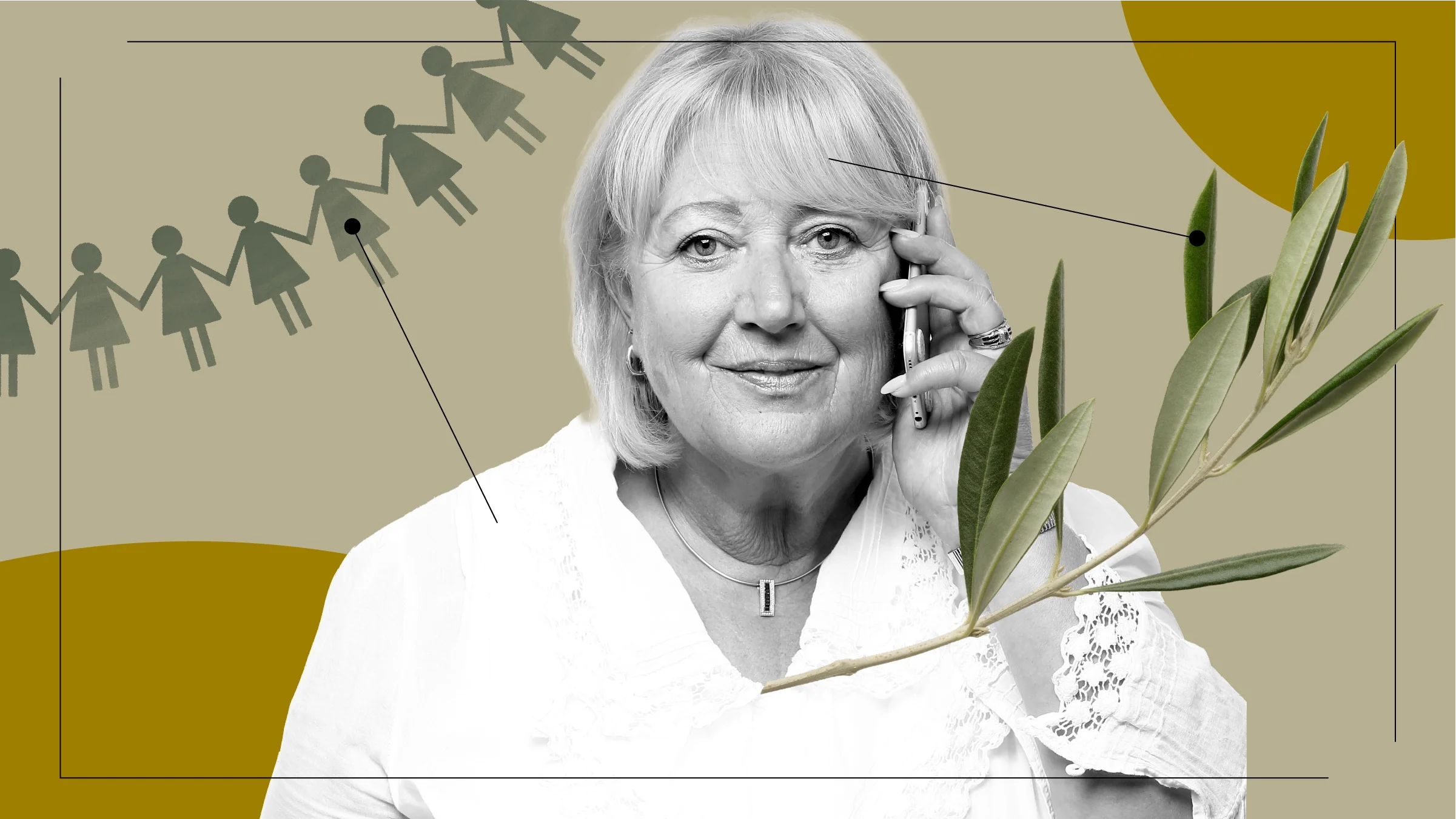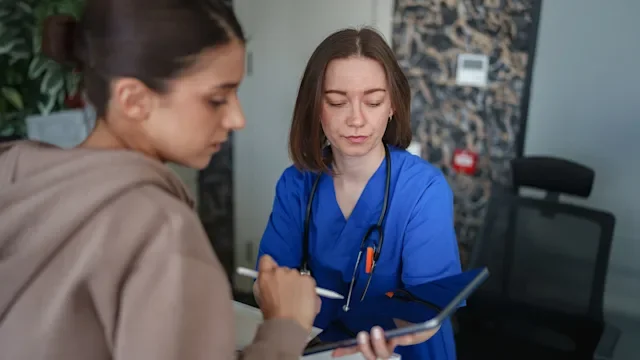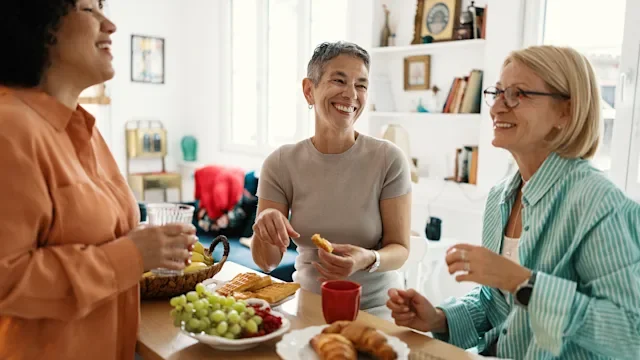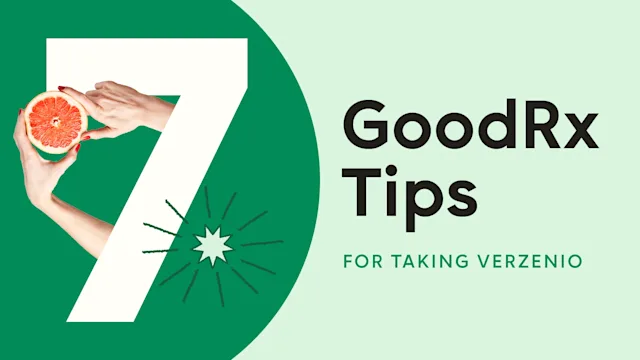Key takeaways:
When Shelley Malicote-Stutchman was diagnosed with breast cancer, two close friends ghosted her.
Shelley reached out to her friends several times and then decided to let go of the relationships.
Shelley shares her tips for coping with being ghosted by loved ones after a cancer diagnosis.
Breast cancer caught Shelley Malicote-Stutchman by surprise — and so did being abandoned by two close friends.
After her diagnosis at age 67, Shelley reached out to her friends several times. They never responded.
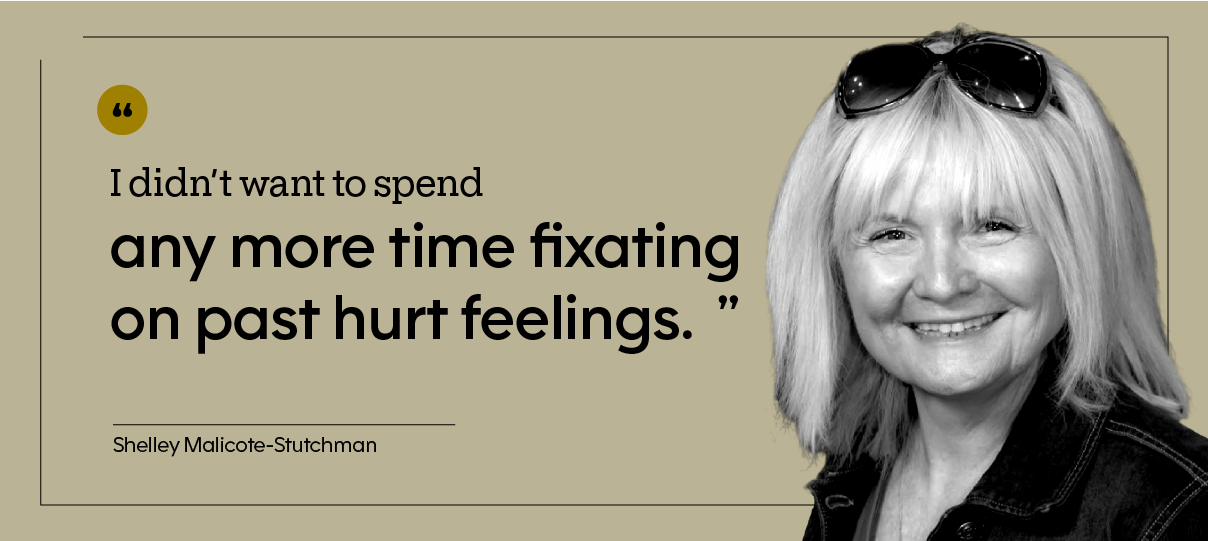
Since then, Shelley has discovered that many other people with breast cancer are ghosted by friends or relatives. It comforted her to realize she wasn’t alone. But she says she still feels the pain of losing friends she thought she could count on.
Shelley has moved on and focused on the many other friends who did show up for her.
“I didn’t want to spend any more time fixating on past hurt feelings,” she says. “So I decided to let go of them and stop making an effort to reconnect.”
She has chosen to talk about her experience in hopes of helping other people who have cancer. She says she doesn’t want anyone else to be blindsided if loved ones don’t show up for them. Shelley, who lives in Oklahoma City and is retired, has recently written a memoir, “Peek-a-Boob: Uncovering Breast Cancer.” The book tells her breast cancer story, including her experience of being ghosted.
The support she counted on wasn’t there
For almost 10 years, Shelley was part of a close-knit circle of friends in Enid, Oklahoma. The group got together several times a week, and the friends also spent time with each other one-on-one. Even after she moved to Oklahoma City in 2016, Shelley kept in touch via social media.
“This whole group had been there for each other,” Shelley says. “One gentleman had lung cancer, and we were right by his side.”
Shelley expected the same kind of support when she was diagnosed with Stage 1 breast cancer in 2022.
Is it normal to grieve over your past? Read why experts say it is normal and when you should reach out to a therapist.
How do you forgive someone who has hurt you? Read these steps about processing anger and finding the power to forgive.
What support is available for people with breast cancer? If you need extra resources, here are some places to turn.
“I got messages from everybody except these two women, who I thought were my closest friends,” she says. “Their silence was deafening.”
Shelley messaged both friends individually, she says, but they didn’t reply. “I tried one more time. Nothing,” she says. “The third time I said, ‘Have I done something that offended you?’” Again, she received no reply.
Shelley was devastated. “This complete ghosting was incredibly painful and left me feeling bewildered and hurt to my core,” she says.
The rollercoaster of cancer treatment made her feel even more vulnerable, she says. She underwent a lumpectomy, brachytherapy radiation and reconstructive surgery. Then she had to deal with severe side effects from her hormone blocker, letrozole. And all the while, she was grieving the loss of her cherished friendships.
“I was letting it eat at me,” she says. “But I decided I’ve got too much on my plate, too many other good friends, and I was just going to have to write this off.”
She realized she wasn’t the only one to be ghosted
At first, Shelley thought it was her fault that her friends cut her off. She didn’t know that other cancer survivors had been ghosted by friends, too.
“This is something doctors don’t tell you about,” she says. “Nobody tells you about it, but it does happen.”
Fortunately, most of Shelley’s friends did show up for her. And she found new friends through Project31, an Oklahoma City nonprofit that supports women who have breast cancer. When she opened up to her Project31 group about being ghosted, many of them said they had been through the same experience.
“That’s when I realized I wasn’t alone,” she says. “I got empathy from other women, and their understanding, and I didn’t feel like such a weirdo.”
Later, Shelley learned that the women who cut her off had done the same thing to others in their circle. The group eventually fell apart. “It did make me feel better to know it wasn’t just about me,” she says.
Making peace and moving on
Since her recovery, Shelley says, she hasn’t contacted her ex-friends. But she hasn’t blocked them, either.
“If they happened to reach out to me, I would welcome them,” she says. “But maybe with a little bit of wondering, ‘Is there a motive behind this?’”
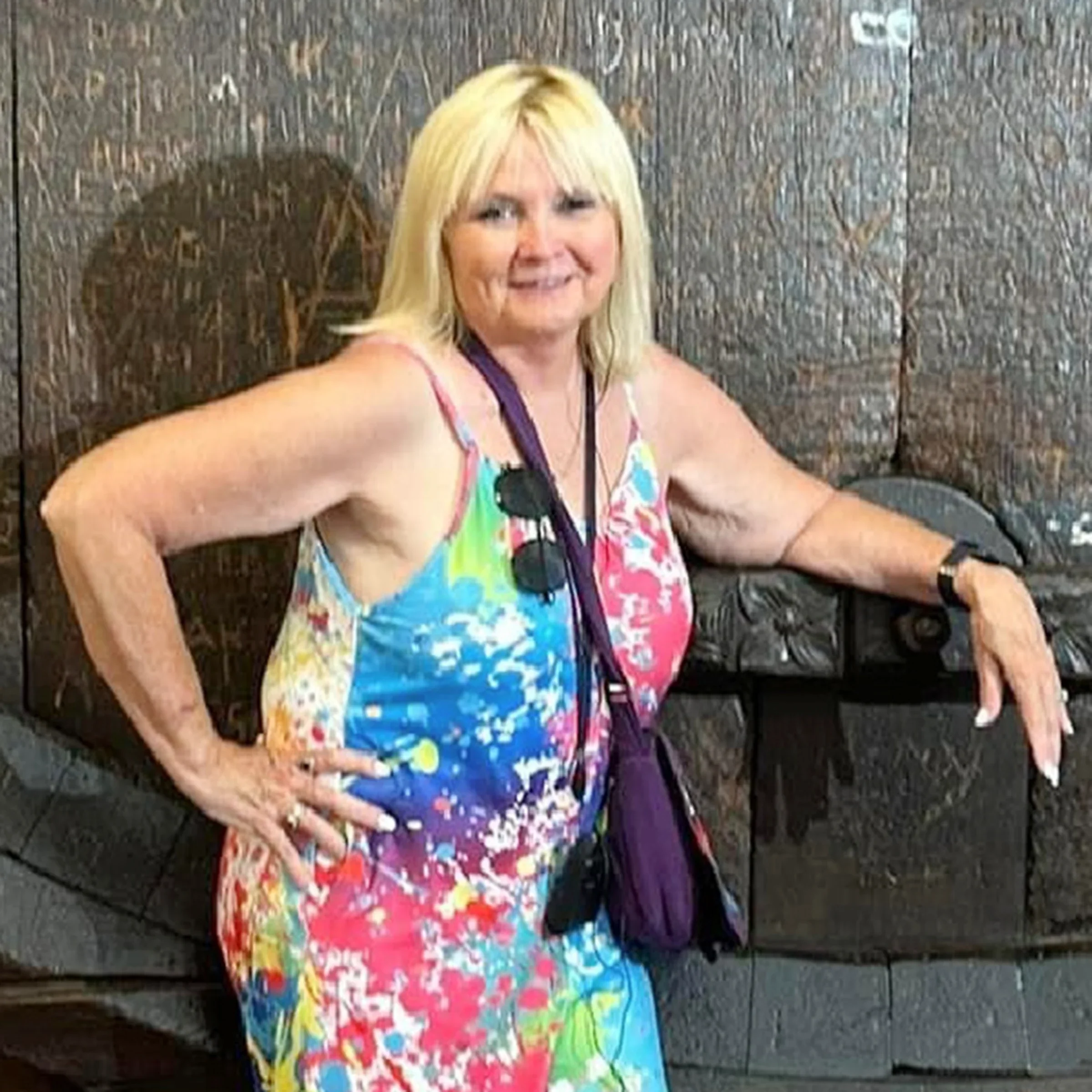

Shelley says she would offer support if one of them were to be diagnosed with cancer or another serious illness.
“I think that’s the right way to live,” she says, adding that cancer caused a shift in her priorities. “The little things fall away,” she says. “It’s the big things in life and what kind of person you want to be that come into focus.”
The lost friendships will always bother her, Shelley says. But when negative emotions and thoughts surface, she doesn’t let them linger. “I tell myself, ‘Shelley, that’s stinking thinking on your end!’ and I try to turn it around,” she says.
In spite of the way her former friends hurt her, Shelley says her heart is still open. “I’ve always been a completely trusting person,” she says. “I think there’s something to be said about seeing the best in people, so I’ve chosen not to let this color the way I see new friendships.”
How to show up for a loved one who has cancer
Shelley was deeply hurt by the ghosting, she says, but she’s grateful for the friends who stayed by her side. If you know someone who’s dealing with cancer or another serious illness, she offers these tips.
Do reach out, even if you’re not sure what to say
A short text or funny video can mean the world to your friend, Shelley says. She still remembers the flowers, cards, and supportive messages she received.
Don’t be afraid to share about your own life
“Remember, the person with cancer is still the same person you’ve always known,” Shelley says. “They want to hear about what’s going on with you, just like they always have.”
If you’ve ghosted someone, try to mend the relationship
Shelley recommends reaching out to your friend, even if it’s been years. She cautions that you might get a negative response, or no response. “But you might be surprised, and the friendship might end up reunited,” she says.
Shelley’s tips for coping with being ghosted
As Shelley discovered, being ghosted after a cancer diagnosis is painful. If it happens to you, here’s what you can do.
Reach out to the person, but don’t push
“If they don't respond, there's no need to dwell on the friends who have ghosted you,” Shelley says. “Instead, be thankful that they have shown their true nature, and focus your time and energy on friends who will stick by you no matter what.”
Don’t blame yourself
Shelley points out that being ghosted usually isn’t about you. “Maybe people who would ghost someone with cancer might ghost for another reason, with nothing going on,” she says.
Know you’re not alone, and reach out to others
Shelley recommends finding support and connecting with other cancer survivors. Share your experience with safe people. Chances are they’ve been there, too.
Let it go, and move on
“Make a list of what truly matters to you now,” Shelley says. “Then use that as your guide for moving forward.”

Why trust our experts?




